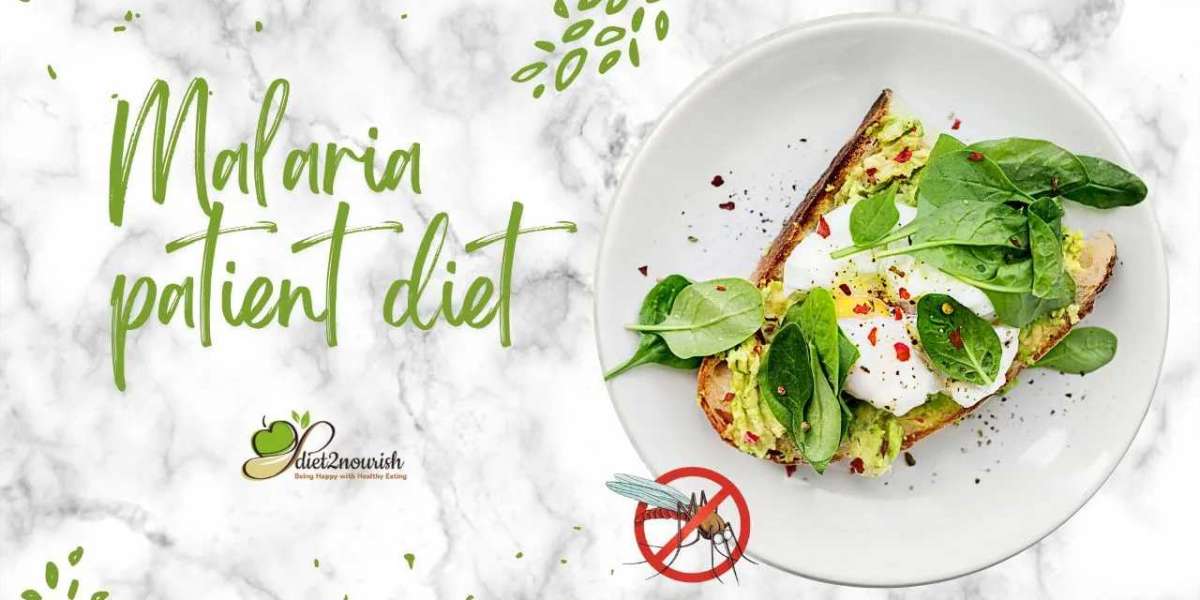Malaria is a parasitic infection that affects millions of people worldwide, especially in tropical and subtropical regions. It is caused by the bite of infected mosquitoes and can lead to symptoms such as fever, chills, headache, and body aches. A proper diet is essential for malaria patients to help them recover from the infection and reduce the risk of complications. In this article, we will discuss the ideal malaria patient diet.
Hydration: Malaria can cause dehydration, so it is essential to drink plenty of fluids. Patients should drink water, coconut water, fresh fruit juices, and soups to stay hydrated. However, they should avoid sugary drinks and alcohol as they can worsen dehydration.
Protein-rich foods: Malaria patients need to consume protein-rich foods such as lean meats, fish, eggs, and legumes to help repair the body tissues damaged by the infection. Proteins are also essential for maintaining the immune system, which is crucial for fighting the infection.
Iron-rich foods: Malaria can cause anemia, a condition in which there is a deficiency of red blood cells. Patients should consume iron-rich foods such as leafy greens, beans, lentils, poultry, and red meat to boost their iron levels.
Vitamin C: Malaria patients should consume vitamin C-rich foods such as citrus fruits, kiwi, berries, and guava to boost their immunity and promote the production of red blood cells.
Zinc: Zinc is essential for a healthy immune system and can help reduce the severity of malaria symptoms. Patients should consume zinc-rich foods such as nuts, seeds, legumes, whole grains, and dairy products.
Anti-inflammatory foods: Malaria can cause inflammation in the body, leading to symptoms such as fever and body aches. Patients should consume anti-inflammatory foods such as turmeric, ginger, garlic, and green leafy vegetables to reduce inflammation.
Small and frequent meals: Malaria can cause loss of appetite and weakness, so patients should eat small and frequent meals throughout the day. This will ensure that their body gets the necessary nutrients to fight the infection.
Avoid fatty and spicy foods: Malaria patients should avoid fatty and spicy foods as they can worsen nausea, vomiting, and diarrhea, which are common symptoms of the infection.
Here is a sample diet plan for malaria patients:
Breakfast: Oatmeal with fresh fruit and nuts Mid-morning snack: Fresh fruit juice or coconut water Lunch: Grilled chicken or fish with brown rice and vegetables Afternoon snack: Yogurt with berries or a boiled egg Dinner: Lentil soup or vegetable stew with whole wheat bread Evening snack: Banana or a handful of nuts
In conclusion, a proper diet is essential for malaria patients to help them recover from the infection and reduce the risk of complications. Patients should consume protein-rich foods, iron-rich foods, vitamin C, zinc, and anti-inflammatory foods. They should also drink plenty of fluids and eat small and frequent meals throughout the day. Avoiding fatty and spicy foods is also crucial. A registered dietitian can help create a personalized diet plan for malaria patients based on their specific needs and medical history.



